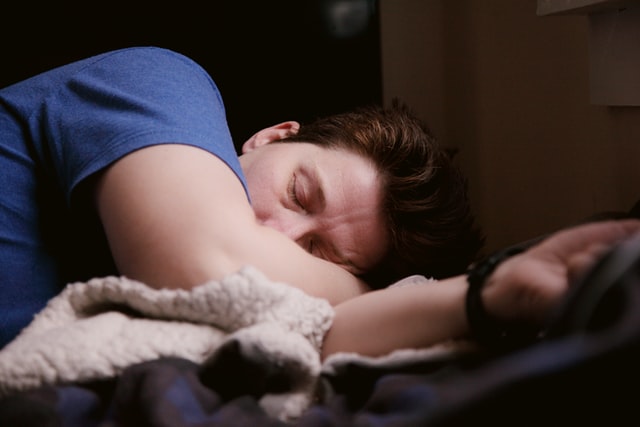
We’ve all been there- late-night study sessions, early morning lectures, and endless cups of coffee. You feel yourself dragging through the day, itching to crawl back into bed as soon as possible.
Sometimes sleep just isn’t in the cards for you.
Regardless, it’s important to know what’s going on in your brain and body on those hectic days. That way, you can better prioritize the rest you need. Here’s what happens when you don’t get enough sleep…
What happens to your brain?
Your brain takes a major hit after chronic loss of sleep. Some immediate effects include feeling groggy, cranky, and emotional because you sacrificed rest for productivity.
Long-term effects of sleep loss are similarly miserable. After a while, you have trouble concentrating and forming thoughts. It becomes much more challenging to focus and problem-solve, which can put a big dent in the quality of your work.
You even make more mistakes than usual when your brain isn’t fueled by rest. So, if you have a big test or work assignment the next day, be sure to catch some z’s beforehand. Sleep is the best preparation you can do for your brain to function properly.
What happens to your emotions?
Losing sleep hurts your ability to regulate your mood. You may have noticed that you are also more likely to be cranky or have mood swings after a long night. This is a common symptom of sleep deprivation.
If you aren’t getting enough shut-eye, you’re also more likely to have a short temper. Eventually, losing sleep can also lead to an increased risk of anxiety and depression. These are serious issues that may affect you drastically in the long run.
What happens to your memory?
While you’re sleeping, your brain replays what happened throughout the day and healing or working through issues. You eventually enter your REM (rapid eye movement) cycle, which aids in this emotional processing.
If you don’t get enough REM sleep, your brain won’t be able to do its job correctly. Your subconscious mind needs to work through the day’s experiences while you’re sleeping. If this process doesn’t happen, you’re more susceptible to mental illness and memory loss if this process doesn’t happen.
What happens to your health?
Sleep is vital to your health, so take it seriously! On top of mental hurdles, your body will suffer if you make a habit of sleep loss.
You may experience high blood pressure, a higher risk for multiple chronic diseases, and a lack of balance. These symptoms make it extremely difficult to keep up with the chaos of your day-to-day activities.
Here’s what you can do!
Prioritizing the health of your mind and body helps you to tackle your day in a much more effective way. Despite your busy studying schedule, make sure you do what you can to protect your wellness.
If you notice any signs that point to a lack of proper sleep, it may be helpful to talk with your doctor about ways to readjust your sleep schedule. You want to feel your best so that you can perform at your best!
Now that you know what happens when you don’t sleep, you can make better choices for your mind and body.



















